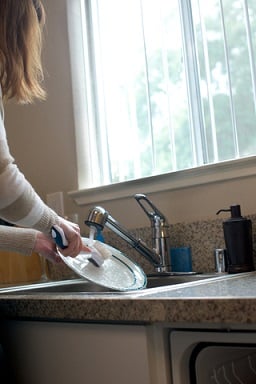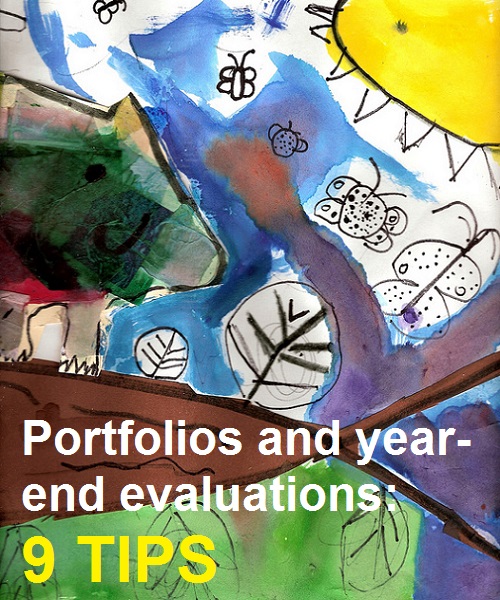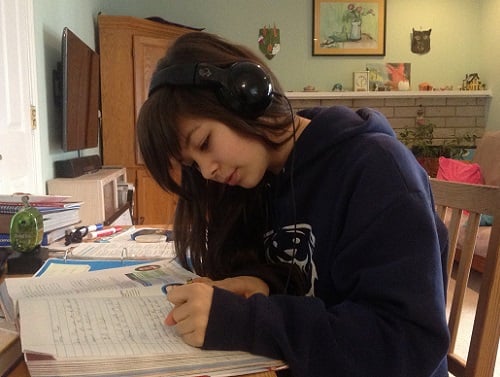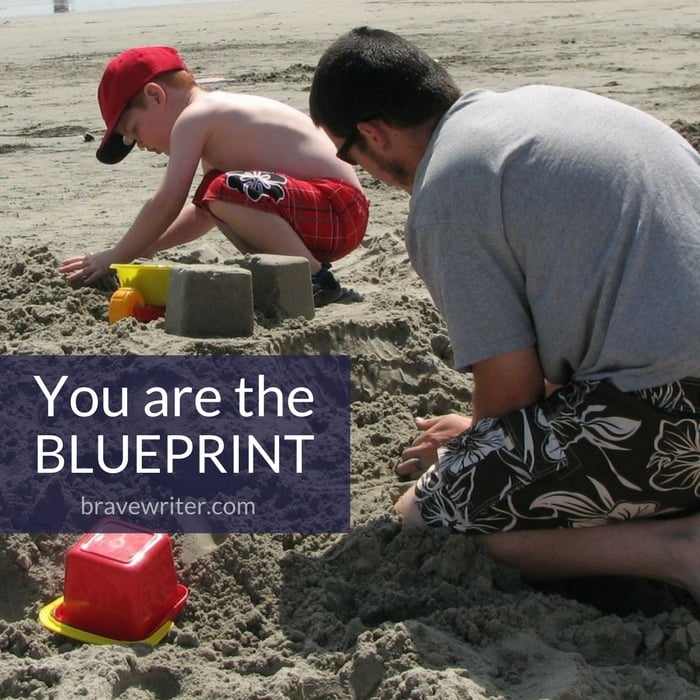 If you wish your child had more independence, wean your child off your side-by-side presence. Sit with the child for, say, the first three math problems, working them together. Then say, “I need to rinse the breakfast dishes. Keep going. I’ll be right here. If it helps, say aloud what you are doing as you work the problem and I’ll listen. I’ll help you, if you need it, from the sink.”
If you wish your child had more independence, wean your child off your side-by-side presence. Sit with the child for, say, the first three math problems, working them together. Then say, “I need to rinse the breakfast dishes. Keep going. I’ll be right here. If it helps, say aloud what you are doing as you work the problem and I’ll listen. I’ll help you, if you need it, from the sink.”
Some version of that lets the child know you aren’t abandoning him or her, but it also allows a little space for the child to “test” the practice without double checking your facial expressions or asking you to do the work for him/her.
Once the kitchen sink is a safe, reachable distance for your child, try leaving the room for a few moments (to change a load of laundry, to take the mail out to the box, to water a few house plants, to make a bed in another room). Don’t leave to go to a computer screen (you’ll lose track of time). Be gone no more than 3-5 minutes. Then check back and see how the child is doing.
Whenever you leave, rub the shoulders of your child (or gently, affectionately squeeze them or offer a kiss on a cheek or run your hand across the child’s back).
When you return, touch your child’s arm and look over the child’s shoulder. Let the child know you are back and interested in what went on while you were gone.
Avoid judging and correcting. Validate the independent effort. Then ask if the child needs help. If not, keep going in and out of the room in the same manner.

Image of woman washing dishes by Stephenkirsh | Dreamstime.com























